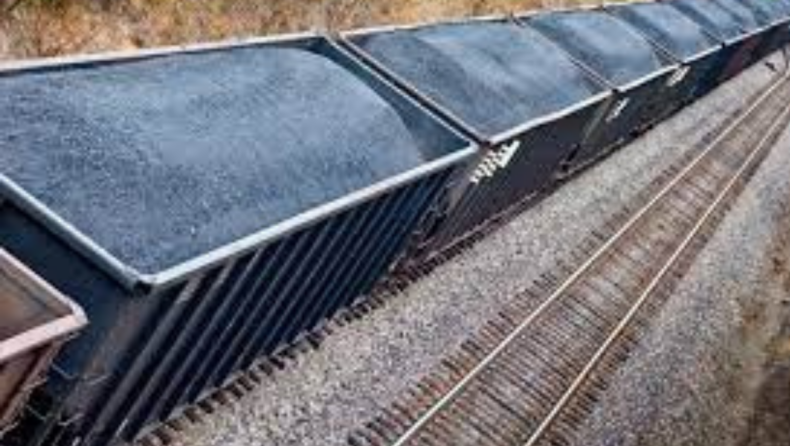Indian Railways has canceled a few passenger trains to run faster coal carriages as the nation is facing power scarcity due to coal shortages in power plant stations. As the nation scrambles to replenish depleting inventories at power plants in a bid to avoid a full-blown power crisis,
A searing summer increases the demand for coal, which produces around 70% of the nation’s power. Several parts of India are confronting long periods of power outages, while some industries are cutting back because of the lack of petroleum products, compromising the economy’s recovery from the pandemic-incited droop. The risk of a further spike in inflation is increasing when the public authorities are battling to get control over high energy costs fueled by Russia’s intrusion into Ukraine.
The action is temporary and passenger service will be reestablished when the circumstances standardize, said Gaurav Krishna Bansal, a chief at Indian Railways, probably Asia’s biggest organization. The state-run administrator is attempting to limit the time it takes to move coal to drive plants, he said.
The Indian Railways is frequently chastised for disruptions in coal supplies, as the lack of carriages makes transporting the fuel over long distances difficult. Blocked tracks, where passenger and freight trains jostle for entry, occasionally cause shipments to be delayed. In any case, the transporter remains a preferred choice to ship coal, particularly for clients situated far away from mines.
The railroads intend to add 100,000 additional carts to fulfill the developing need for an armada. It is also developing dedicated cargo halls to convey merchandise quicker.
Coal savings at India’s power plants have declined practically 17% since the beginning of this current month and are scarcely 33% of the expected levels. The inventory crunch comes only months after a devastating power emergency last pre-winter saw coal reserves plunge to a typical four days, setting off power outages in a few states.
The power request has bounced as temperatures have taken off in many parts of India, prompting the climate division to give heat-wave alerts. When temperature records began in 1901, the country’s average temperature was about 92 degrees Fahrenheit (33 degrees Celsius) in March. This was the highest temperature for the month since records began in 1901.
“The measure is temporary and passenger services will be restored as soon as the situation normalizes,” Gaurav Krishna Bansal, an executive director at Indian Railways, was quoted by Bloomberg as saying. The state-run operator is trying to minimize the time it takes to move coal to power plants, he said.
Delhi Power Minister Satyendar Jain said on Friday that as the entire nation is facing a power crisis because of coal deficiency and there is no backup, the improved answer to tackle the emergency would be for the center to give more coal. He said power can’t be put away and there isn’t sufficient coal in Delhi for the next 21 days.
Published By: Simran Mulani
Edit By: Khushi Thakur












